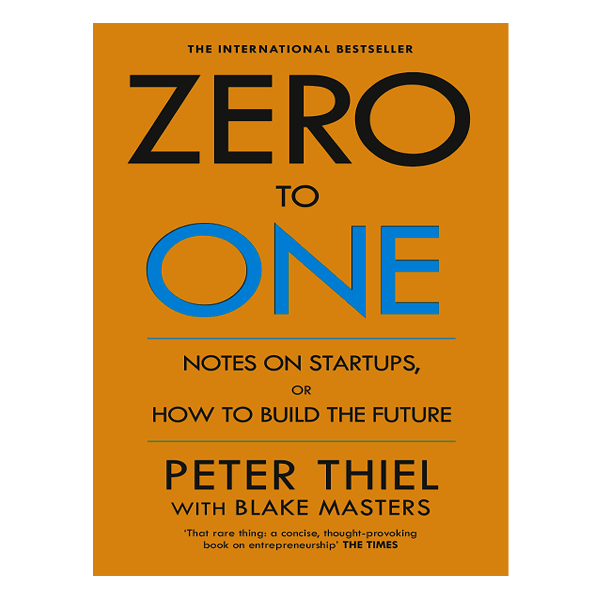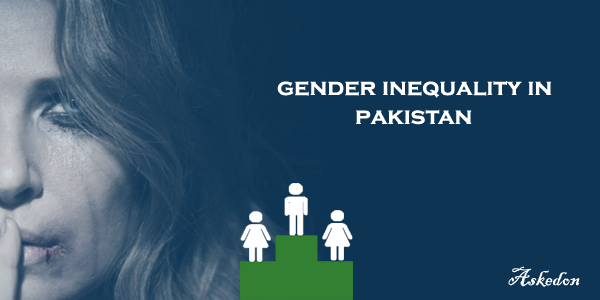I would like to highlight a serious issue faced by many people in Pakistan. By 2024, inflation in Pakistan had surged to over 27 percent, leading to a sharp rise in the prices of essential goods. Items such as wheat, rice, sugar, cooking oil, and other basic food products became significantly more expensive compared to the previous year. Pakistan's economic crisis stems from poor governance, corruption, trade deficits, rising external debt, energy shortages, and political instability weakening its financial system. Pakistan's economy likely grew 2.7% in the fiscal year ending June 2025. Price hikes in Pakistan are attributed to various factors, including global crude oil prices, the recent increases in petrol and diesel prices due to rising global crude oil prices, government-imposed taxes and fees on everything, and currency rate fluctuations. Over 40% of Pakistan's population lives below the poverty line, struggling to afford basic necessities due to the rising cost of living.
The economic crisis disproportionately affects poor families, who spend a larger portion of their income on food and other essentials. In contrast, rich families, while affected by inflation, have more resources to absorb the shocks. However, the overall economic instability threatens to widen the income gap between the rich and the poor. To mitigate this, boosting local industries can play a crucial role. By supporting domestic production, Pakistan can reduce its reliance on imports, create jobs, and stimulate economic growth. This, in turn, can help stabilize prices and improve the standard of living for all citizens, particularly the most vulnerable populations.
Nazish Jameel
Kech








0 Comments